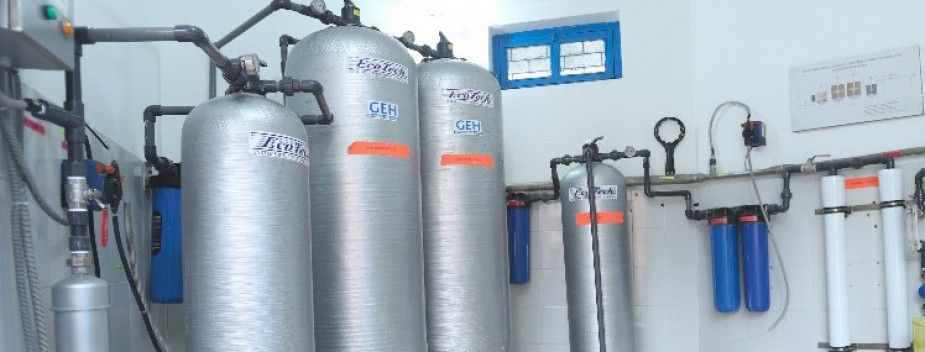Nestle relies on GEH for arsenic removal for water treatment in Pakistan

The district of Sheikhupura with its capital of the same name is located in the province of Punjab in Pakistan. Most of the area is rural, people live mainly from agriculture. In contrast, around the city of Sheikhupura, a certain industrial landscape has settled. The Swiss company Nestlé has been producing dairy products, milk powder, juices and dried noodles since 1992 at this location. The Sheikhupura plant is the first Nestlé facility in the world to be certified to the new standard of the Alliance for Water Stewardship (AWS).
Much of the water resources in the region are consumed by the large water needs of agriculture. The sinking groundwater level promotes water from deeper layers, which can be contaminated with arsenic naturally. Depending on the composition of the soil and the conditions at depth, it dissolves from arsenic minerals and thus enters the groundwater. The use as drinking water poses a risk of arsenic poisoning, as well as the risk of damage from prolonged exposure to arsenic.
To improve the drinking water situation in the surrounding areas, several treatment plants were built with the support of Nestlé. Multi-stage filters, a reverse osmosis device and a UV sterilization ensure perfect water quality. The removal of arsenic is done by adsorption to GEH 102 (granulated ferric hydroxide). This project was also supported by our Pakistani partner EcoTech Systems International.
For more information about this topic, see:
https://www.nestle.de/storys/besuch-nestle-fabrik-sheikhupura-pakistan